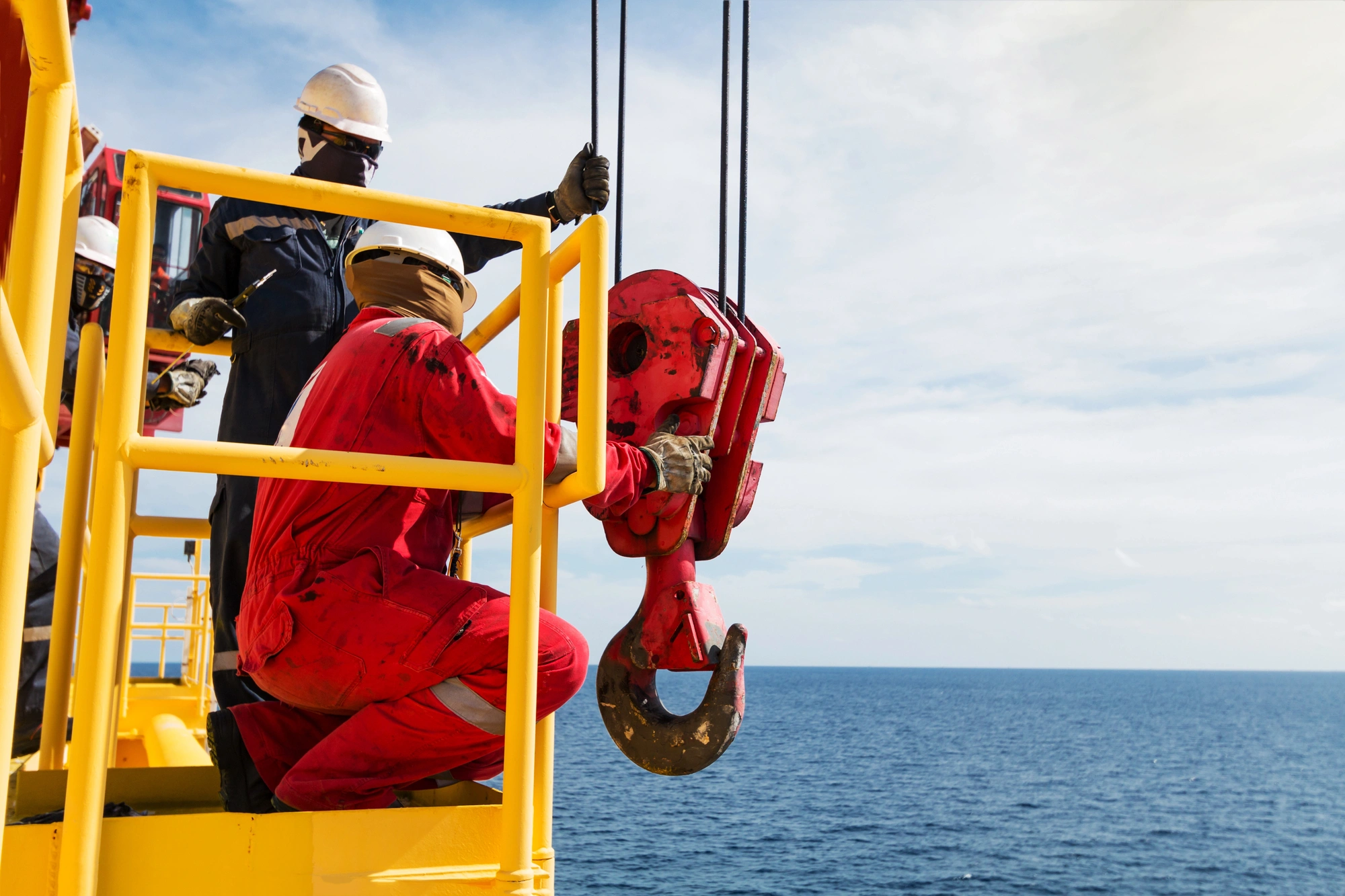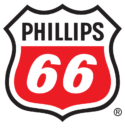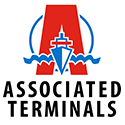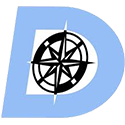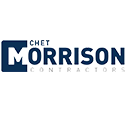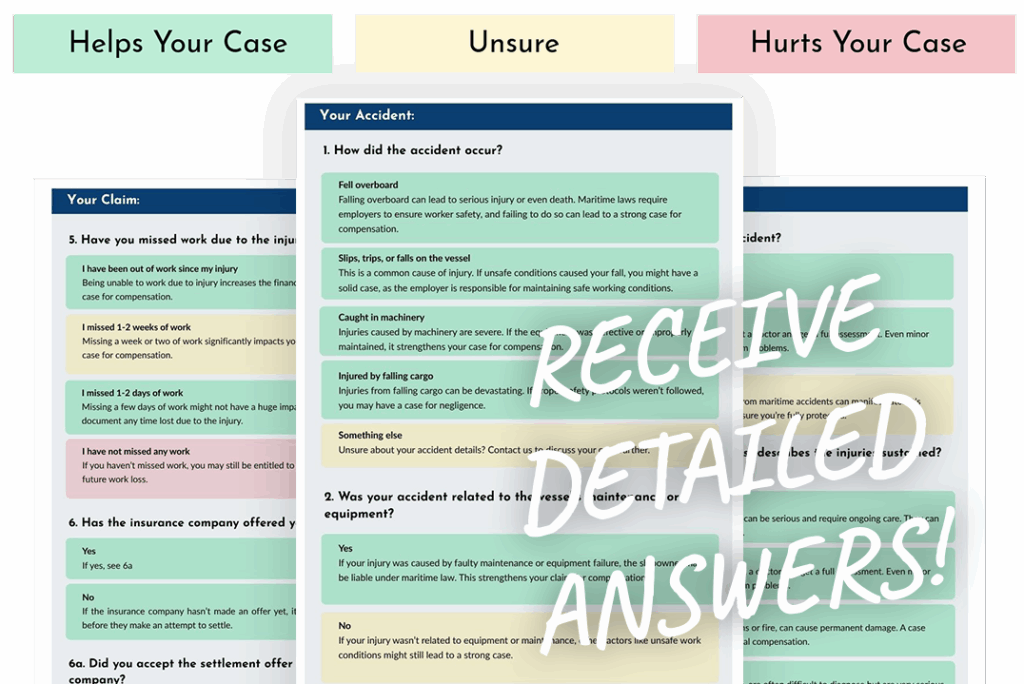Outer Continental Shelf Lands Act
Over $1 Billion Recovered for Maritime Accident Victims. We are proud to have a reputation for aggressively fighting for the rights of injured workers.
OCSLA Lawyers in New Orleans – Outer Continental Shelf Lands Act Claims
Injuries occurring on fixed platforms, artificial islands, and other structures attached to the seabed on the Outer Continental Shelf (OCS) present unique legal challenges. These locations, typically beyond state territorial waters, fall under a specific federal law: the Outer Continental Shelf Lands Act (OCSLA).
OCSLA governs activities on the OCS, including oil and gas exploration and production. Crucially for injured workers, it dictates which body of law – adjacent state law or federal maritime law – applies to personal injury claims arising from these offshore operations. It also extends benefits similar to workers’ compensation via the Longshore and Harbor Workers’ Compensation Act (LHWCA).
Understanding whether Louisiana state law, federal maritime law, or specific provisions of the LHWCA apply under OCSLA is critical to pursuing fair compensation. Lambert Zainey’s New Orleans maritime lawyers have extensive experience navigating the complexities of OCSLA claims and fighting for workers injured on offshore platforms and structures in the Gulf of Mexico.
Injured on an Offshore Platform? Understand Your Rights Under OCSLA.
On This Page
What is the Outer Continental Shelf Lands Act (OCSLA)?
Passed in 1953, the Outer Continental Shelf Lands Act (43 U.S.C. § 1331 et seq.) establishes federal jurisdiction and control over the submerged lands of the Outer Continental Shelf beyond state boundaries. Its primary purposes include managing the exploration and development of natural resources (like oil and gas) and ensuring safety standards on structures located there.
For personal injury purposes, OCSLA’s most significant function is to fill a potential legal gap by determining which laws govern incidents occurring on these federally controlled areas. It acts as a “choice of law” statute.
When and Where Does OCSLA Apply? (Situs & Status)
Like the LHWCA, OCSLA applicability involves geographic (“situs”) and activity-related (“status”) tests:
Defining the Outer Continental Shelf (OCS)
The OCS generally refers to submerged federal lands lying seaward of state coastal waters. State waters typically extend 3 nautical miles from the coast (though Texas and the Gulf coast of Florida extend to 9 nautical miles). OCSLA applies to incidents occurring on structures located in these federal waters.
Structures Covered by OCSLA (Fixed Platforms)
OCSLA specifically applies to injuries occurring on artificial islands, installations, and other devices permanently or temporarily attached to the seabed erected for the purpose of exploring, developing, removing, or transporting resources from the OCS.
Connection to OCS Operations
The injury must result from or occur in connection with operations conducted on the OCS for the purpose of exploring for, developing, removing, or transporting by pipeline the natural resources of the OCS seabed and subsoil.
The Critical Question: What Law Applies Under OCSLA?
This is where OCSLA becomes complex. It does not create its own comprehensive body of tort law. Instead, it directs which existing laws apply:
Default Rule: Law of the Adjacent State (e.g., Louisiana)
OCSLA states that the civil and criminal laws of the adjacent state (the closest state to the structure, e.g., Louisiana for much of the central Gulf) are adopted as surrogate federal law, to the extent they are applicable and not inconsistent with federal law.
Exception: Federal Maritime Law (When Applicable)
State law does not apply if federal maritime law is applicable. Determining if maritime law applies involves a complex legal analysis of whether the incident has a sufficient “maritime nexus” or connection to traditional maritime activity, even though it occurred on a fixed structure.
LHWCA Coverage for OCS Workers
Critically, OCSLA explicitly extends the Longshore and Harbor Workers’ Compensation Act (LHWCA) to cover disability or death of an employee resulting from any injury occurring as the result of operations conducted on the OCS.
OCSLA vs. Jones Act vs. LHWCA: Clearing the Confusion
This table highlights the key distinctions relevant to offshore injuries:
|
Question |
OCSLA (Governing Tort Law) |
Jones Act |
LHWCA (Directly or via OCSLA) |
|
Covered Worker |
Workers on fixed OCS structures |
“Seamen” (crew on vessels) |
Various maritime workers (Longshore, Shipyard, OCS Platform Workers via OCSLA) |
|
Location |
Fixed structures on OCS (beyond state waters) |
Vessels in navigation (any location) |
Navigable waters, adjacent areas, OCS platforms via OCSLA |
|
Basis of Tort Claim |
Negligence/Fault under Adjacent State Law (usually) or Maritime Law (exceptionally) |
Employer Negligence |
Generally, no tort claim against the employer; provides comp benefits |
|
Compensation Benefits |
No direct benefits; governs tort law |
Maintenance & Cure |
Medical & Lost Wage Benefits (no-fault) |
|
Can Sue Employer? |
Generally, no (due to LHWCA immunity), unless employer = platform owner acting negligently in non-employer capacity (complex). |
Yes (for Negligence) |
Generally, no (except specific exceptions) |
|
Governing Law |
Dictates State or Maritime Law |
Federal Maritime Law |
Federal Law (LHWCA statute) |
Common Types of Accidents & Injuries Covered
Workers on OCS platforms face numerous hazards. Claims governed by OCSLA often arise from:
OCSLA states that the civil and criminal laws of the adjacent state (the closest state to the structure, e.g., Louisiana for much of the central Gulf) are adopted as surrogate federal law, to the extent they are applicable and not inconsistent with federal law.
Over $1 Billion Recovered for Maritime Accident Victims
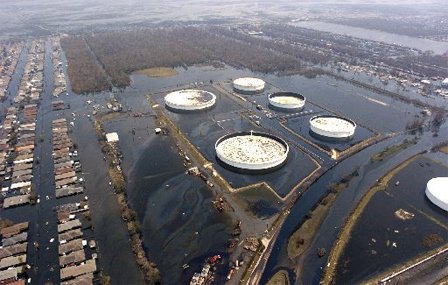
Oil storage tank rupture at the Murphy Oil USA refinery in Chalmette, LA. The fastest class certification and resolution of a case of its type and magnitude to date.
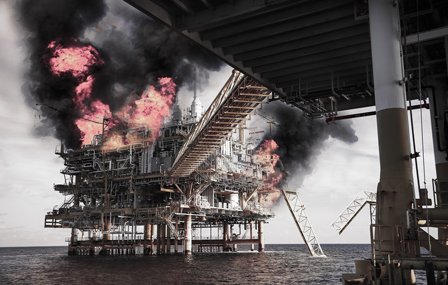
Arco cryogenic platform explosion caused by improper cold cut of Southern Natural Gas pipeline. Settlement for the injured and deceased in approximately twelve months.
Why Legal Expertise is Crucial for OCSLA Claims
The interplay between OCSLA, adjacent state law (like Louisiana’s), federal maritime law, and the LHWCA is incredibly complex. Determining the correct legal framework, identifying all liable parties, and calculating damages requires specialized knowledge. An experienced offshore injury lawyer like those at Lambert Zainey can:
Why Pick Lambert Zainey as Your New Orleans Jones Act Lawyer?
Handling Jones Act cases right takes special skills. Lambert Zainey offers:
Frequently Asked Questions about OCSLA
Injuries on offshore oil rigs or platforms may be covered under OCSLA. This section answers key questions to help you understand your rights and what support may be available to you.
What Our Clients’ Say About Us
NATIONALLY RECOGNIZED ATTORNEYS
CONTACT US
Our experienced attorneys are here to guide you through every step of the process, from initial consultation to settlement or trial.
Free Case Review
Fill out the form below to contact Lambert Zainey and schedule a free, confidential consultation and discuss your case with an experienced attorney.


